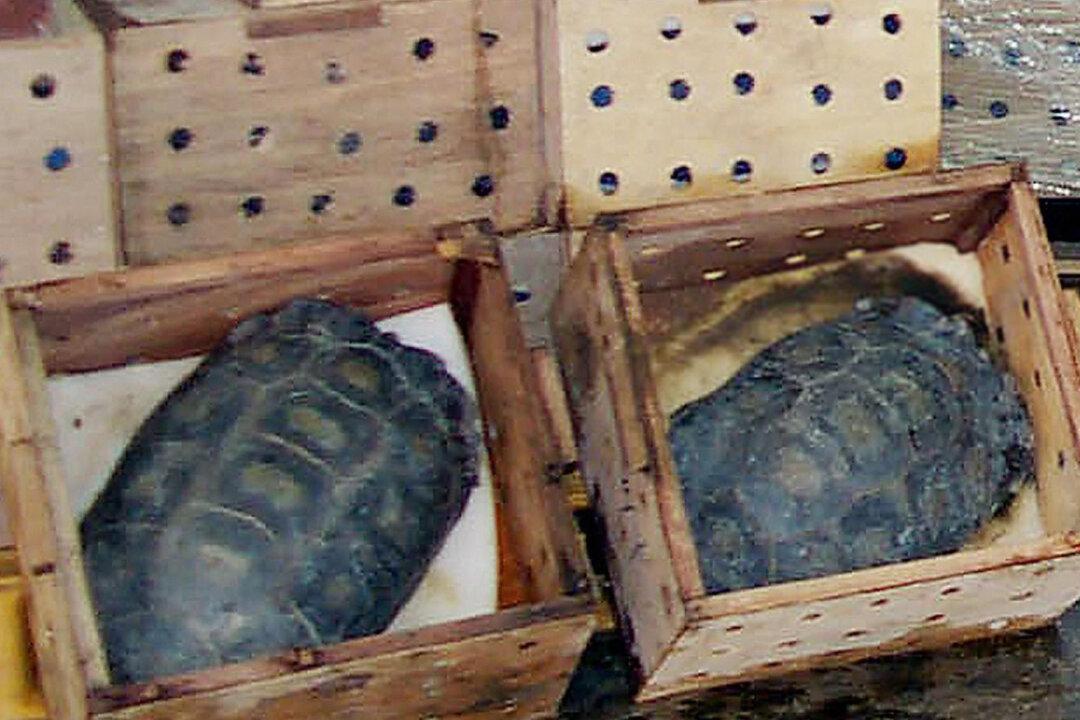Mexican authorities uncovered an illegal shipment of 15,053 freshwater turtles inside 158 wooden crates last month. The illegal cargo was found at a freight facility on the outskirts of Mexico City and was due to be shipped to China, according to the Mexican environment prosecutor’s office.
Although most of the turtles were still alive, more than 260 were found dead in the crates at the international airport. Among the turtles seized, some were endangered, while several species were found, including Mexican giant musk turtles, white-lipped turtles, narrow-bridged musk turtles, and red-eared terrapin or red-eared slider turtles.






